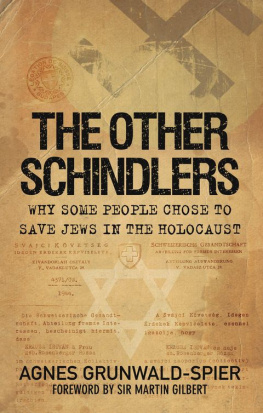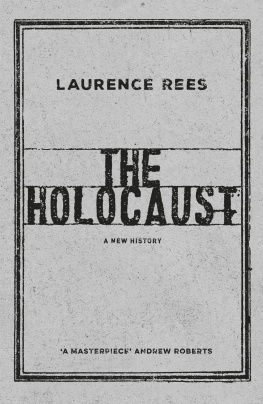Chapter Fifteen
Growing Threats
The rise of Hitler and Nazism brought German militaristic buildup, subversions, unifications, annexations, invasions, and territorial expansion. An overarching Nazi racial theory and gradation inspired annihilation projects against what the Nazis defined as sub humanspeople with disabilities, Jews, Romanies, and homosexuals. Persecution, mass incarceration of political activists and minorities, as well as state-organized riots, cast waves of refugees from their homelands who had betrayed them. They now had nowhere to go and somehow arrived and got stuck in Bulgaria.
Archeologist Magdalina Stancheva said, I think we have always lived with Jews. We did not feel that they are different from us. The first time I realized that there is any difference in their situation, which puts them in another position with respect to authority or certain events I must have been 12 years old. I was in our school, the third junior high school, opposite the church Seven Saints. In the middle of the year, a skinny, tall, blond girl, Marianna Rozanis, who came from Germany, joined our class. She did not know Bulgarian. The teachers explained to us that we must be very careful with her because she and her family were forced to leave Germany. They are now settling in Bulgaria, maybe not for a long stay. They may leave Bulgaria. When she already knew a little Bulgarian, she explained that the Jews had to flee from Germany. Then, we realized that there is one nation in a different position from us. As Bulgarians, we did not have the sense of having to flee from Germany.
On September 1, 1939, Germany invaded Poland and World War II began. The secret Ribbentrop-Molotov Pact divided Poland between Germany and the Soviet Union. World War II unleashed an era of terror, hate, and destructiona war which devastated most of Europe and cost thirty million lives. The outbreak of war inspired the Bulgarian Nazis to launch anti-Jewish attacks.
In 1939, jazz musician David Eskin was twenty-two years old living in the center of Sofia. You recall that the war started on September 1, 1939. On September 19th, a woman goes into a Jewish store which sells china. An argument began. She came out in the street screaming: The Jews are trying to rape me! In no time, you know, a mob is a mob. They broke the windows of all the Jewish stores in the center of the city. This is the ugliest episode that I remember that shows anti-Semitism.
Following the riots, a committee of the Jewish Consistory,
David Levi witnessed Bulgarian Nazis attacks up-close. This (Nazi) movement started going deep, giving us trouble. We had meetings and cultural gatherings in Sofia in Pirotska Street at the Macedonian House (Make-donski Dom). One day, we found out that they were planning to attack us. The Bulgarian Jewry had a war veteran association. They asked us at Maccabi to come and guard with them, should trouble take place. We were as a group on the porch of the second floor. We brought bats from Maccabi and we were ready. As soon as they (the Braniks) began to yell and throw eggs, our people shut the doors downstairs. They could not get out and they were beaten up. The next day, all the newspapers wrote that the Jews beat up the Braniks. This was the end of it. It was fended off.
Nir Baruch recommended that when I go to Bulgaria, I talk to Solomon Bali, who might talk to me about his encounters with Alexander Belev, a notorious anti-Semite who later became the Head Commissar for the Commissariat for Jewish Affairs, which was created to implement anti-Jewish laws. and started resistance efforts against the anti-Semites. They had already destroyed all the Jewish shop windows. As they came to Youch Bunar, we were already separatedthe Fascists here, we on the other side.
Youch Bunar was very poor. Poor Bulgarians, Roma and Jews lived there, a Communist stronghold. There, with Alexander Belev, we were next to each other. We brawled with him, and he struck me with a stone here on my nose. I fell, and he began to crush me, choking me. During this time, the police came, arrested us and took us to the Second Division. There, we were four Jews: Solomon AlagemLajo, Joseph Levy, Albert Vaena, and me.
We were interned in (a camp) in the village of Davidkovo. We were digging the road from Asenovgrad through the Balkan Mountains to Plovdiv. It was a very big deal because there were thirty-one Fascists and only four Jewish men. We had a good captain.
The second time, while we went in one train car to Ardino, near Stara Zagora, a big fight broke out. Blows were exchanged between us and Alexander Belev and the others who were interned there.





